About Us
Embark on a journey through my family’s rich legacy of crafting sustainable handmade Copper, Brass, and Kansa cookware.
History
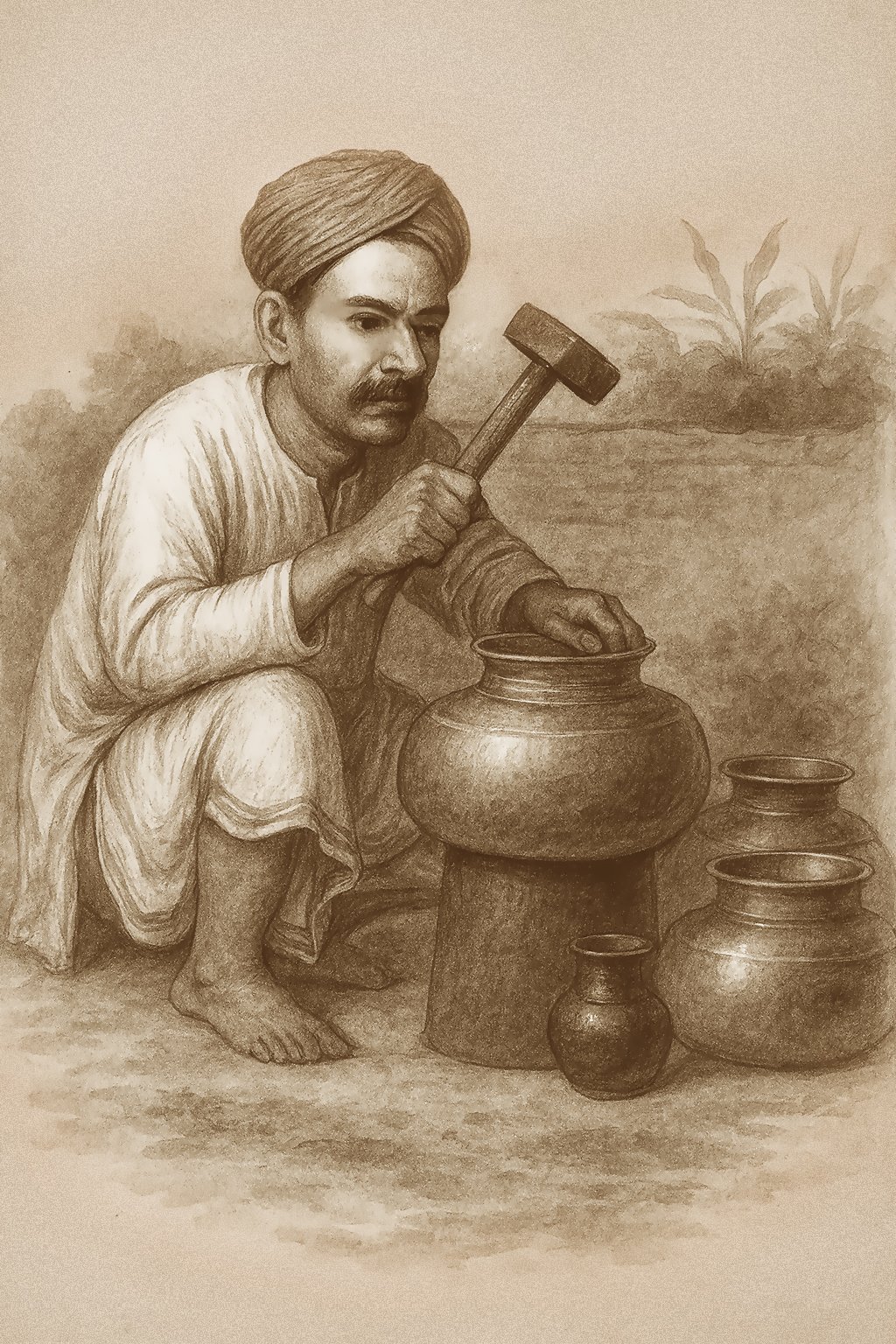
1850
The Beginning
In the historic city of Gujranwala, Punjab, Shri Shankar Das Ji began his journey as a young craftsman. With patience and passion, he forged elegant silver and copper cookware that won the admiration of both locals and British officers. His hands shaped not just metal — but a family legacy of artistry.

1875
A Son’s Promise
His son, Shri Gura Dutta Mal, inherited his father’s spirit at the age of fifteen. Together, they built furnaces, rolled copper sheets by hand, and worked with hundreds of skilled artisans. They expanded their creations to brass and Kansa, ensuring every family could experience the beauty of handcrafted cookware once reserved for the elite.

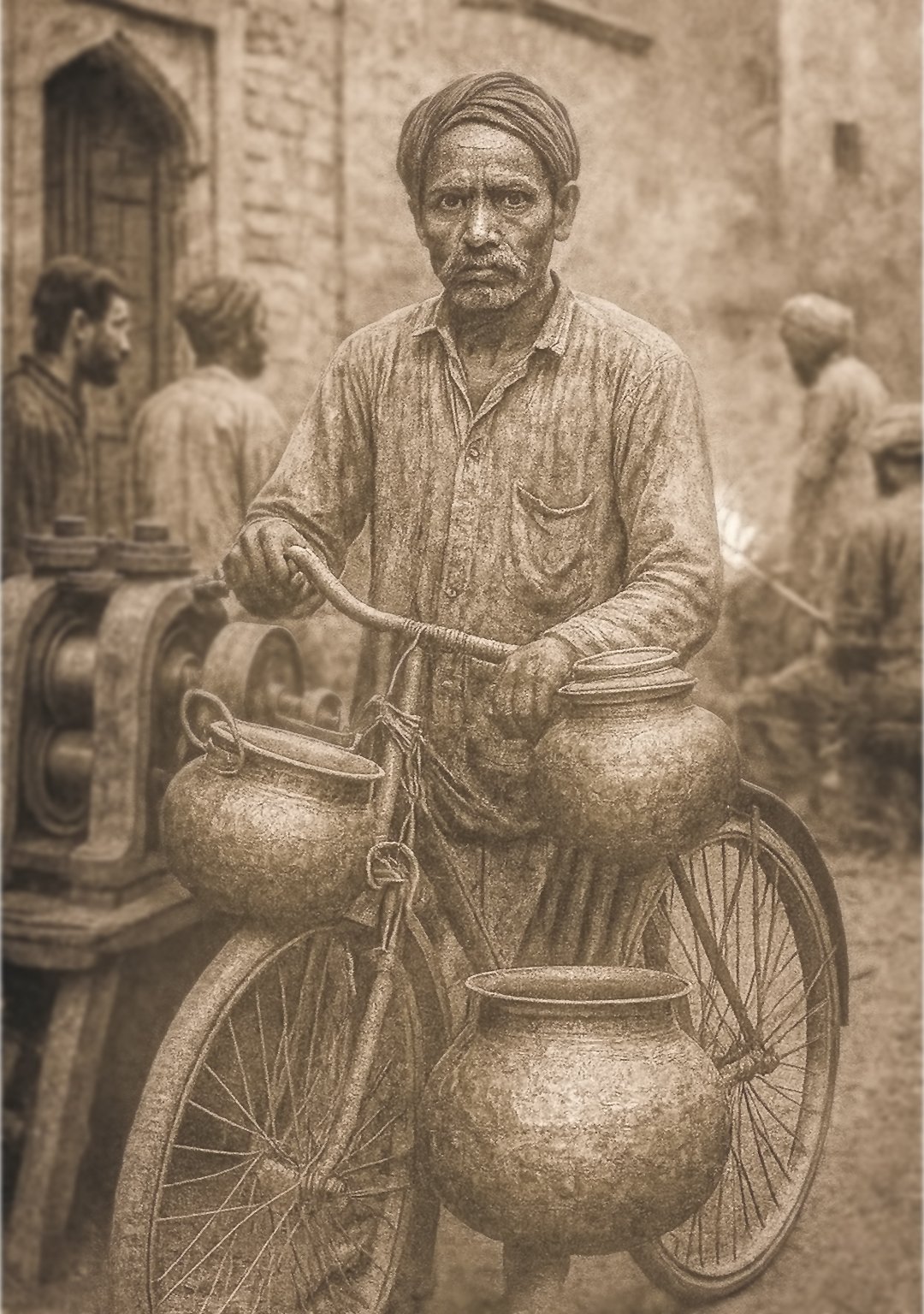
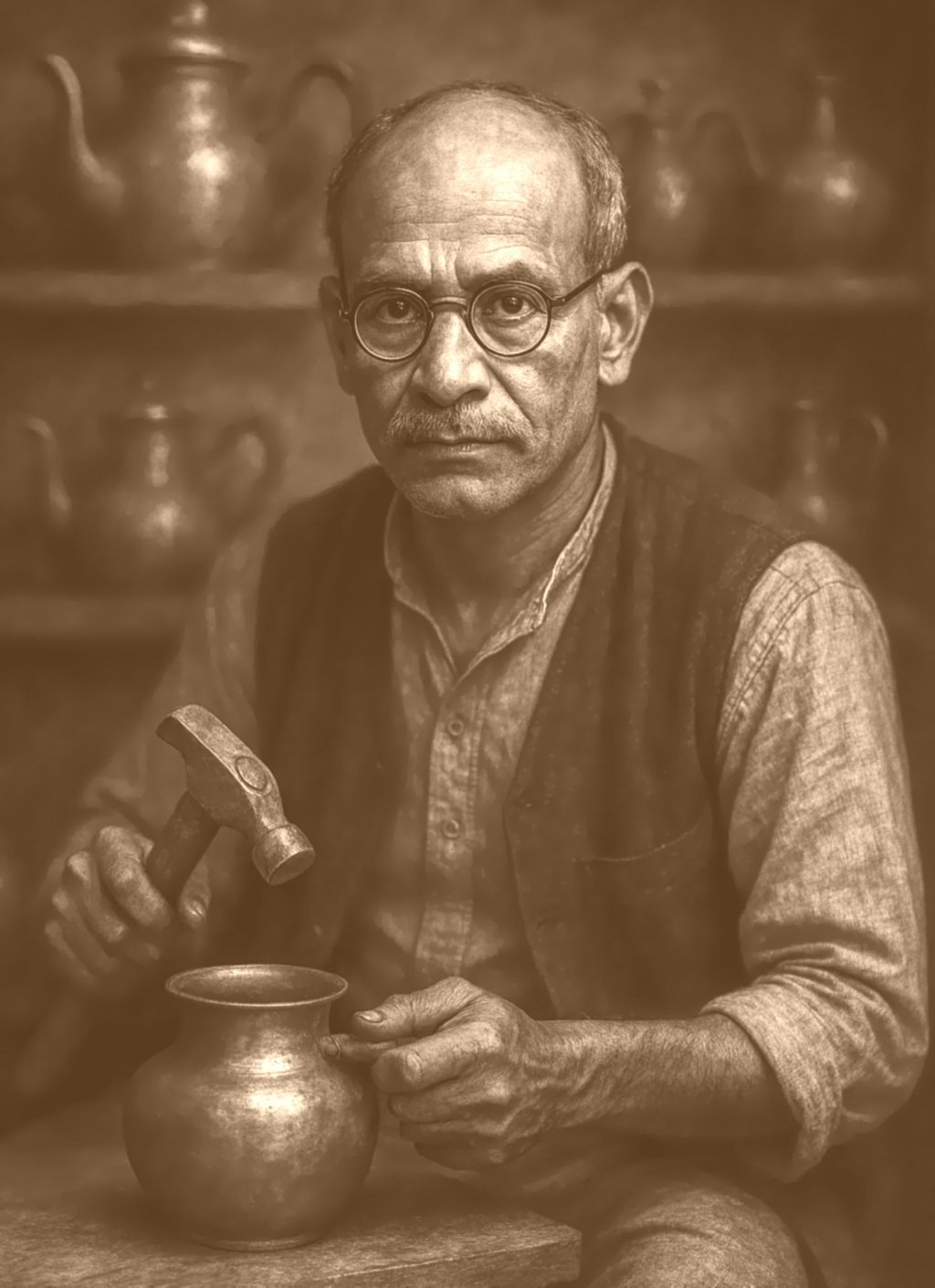
1910
The Legacy Lives On
A new generation rose as Shri Harnam Das Ji joined the craft. With youthful determination, he continued the dream his forefathers had nurtured — keeping alive the flame of handmade excellence.

1925–1928
A Legacy Strengthened
The births of Harnam Das (1925) and Charan Das (1927) filled the family with hope. When Shri Shankar Das Ji passed away in 1928, his son Gura Dutta Mal and grandsons vowed to preserve his vision — crafting with heart, faith, and skill.

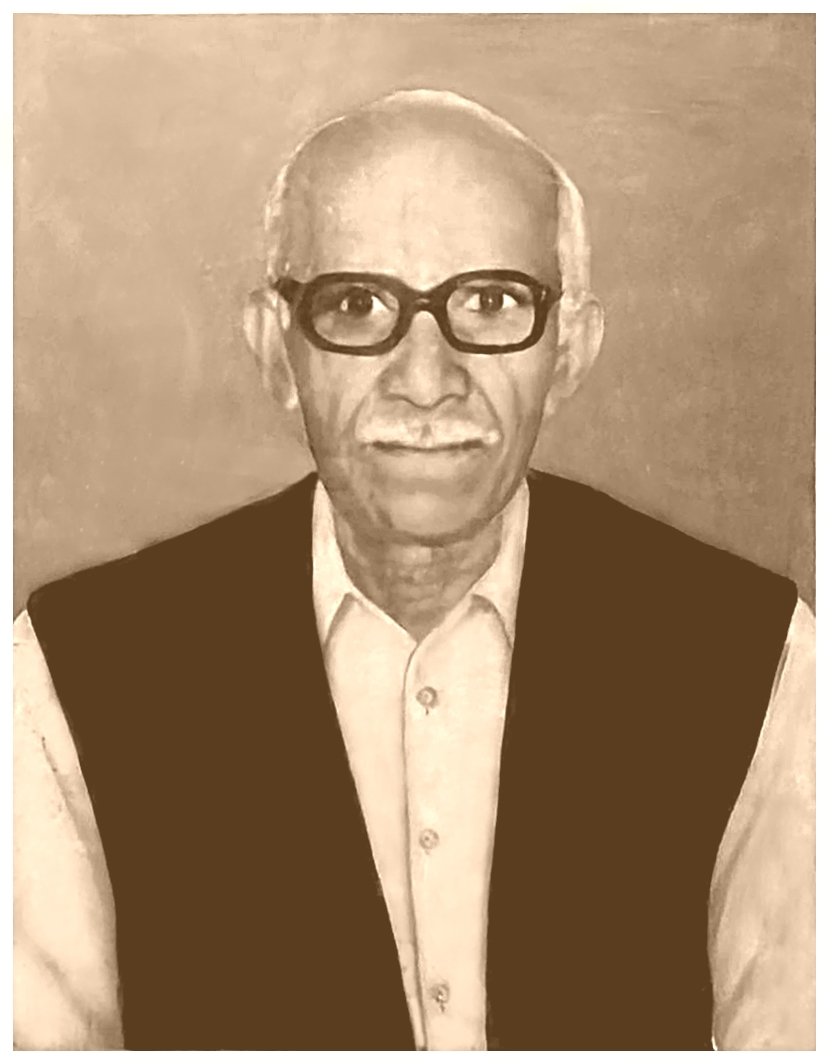
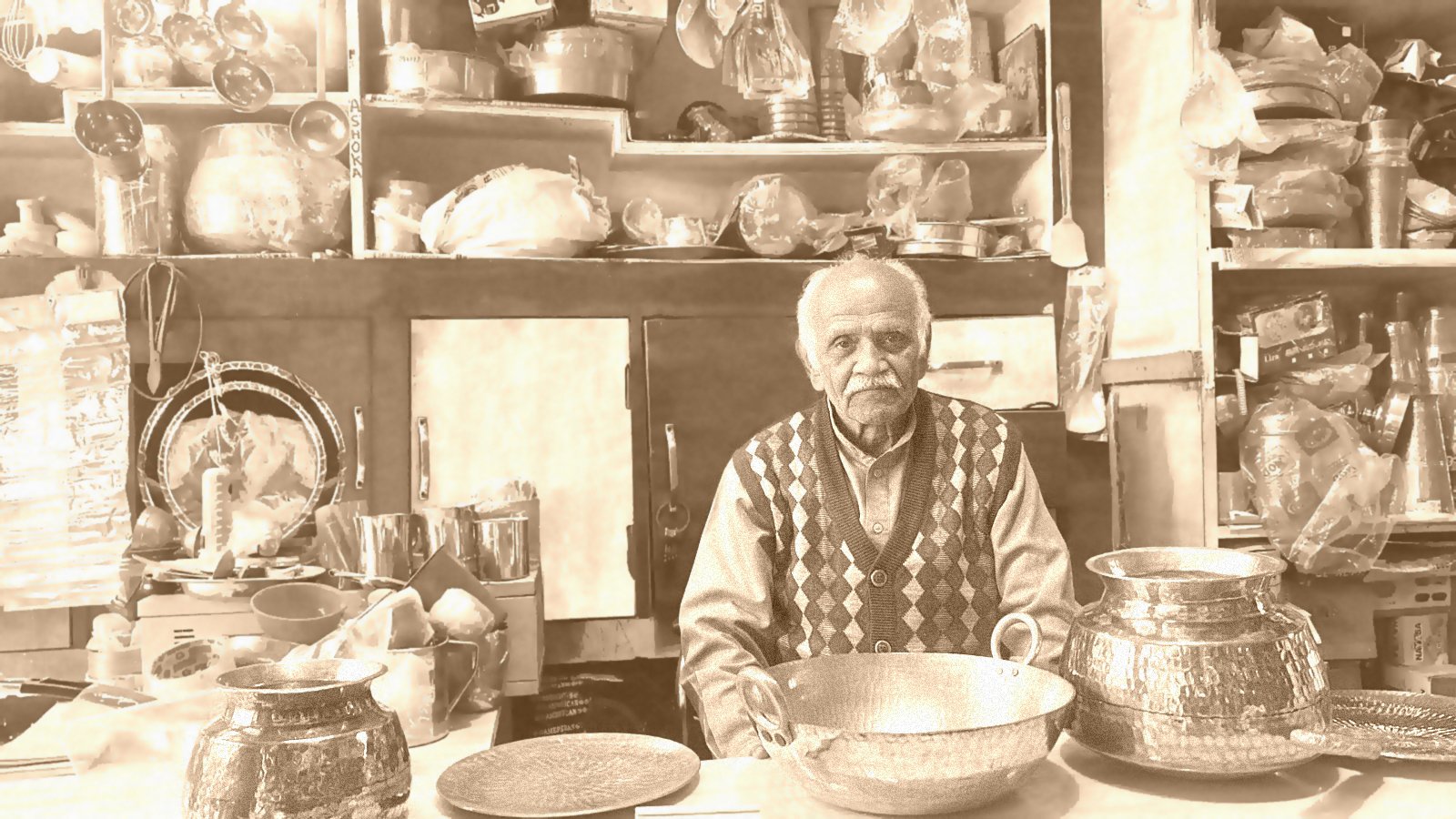
1945
Strength Through Sorrow
The family mourned the loss of Gura Dutta Mal, yet his sons, Harnam Das and Charan Das, carried the business forward. Their resilience turned grief into purpose — keeping the family name shining through their craftsmanship.

1947–1948
A New Beginning
The Partition of India forced the family to leave behind their home and business. Starting from nothing in Jandiala Guru, Punjab, they rebuilt their dream. In 1948, they founded Hari Om Metal Works — reviving the art of copper, brass, and Kansa with over 500 artisans. From hardship emerged hope, and the legacy was reborn.

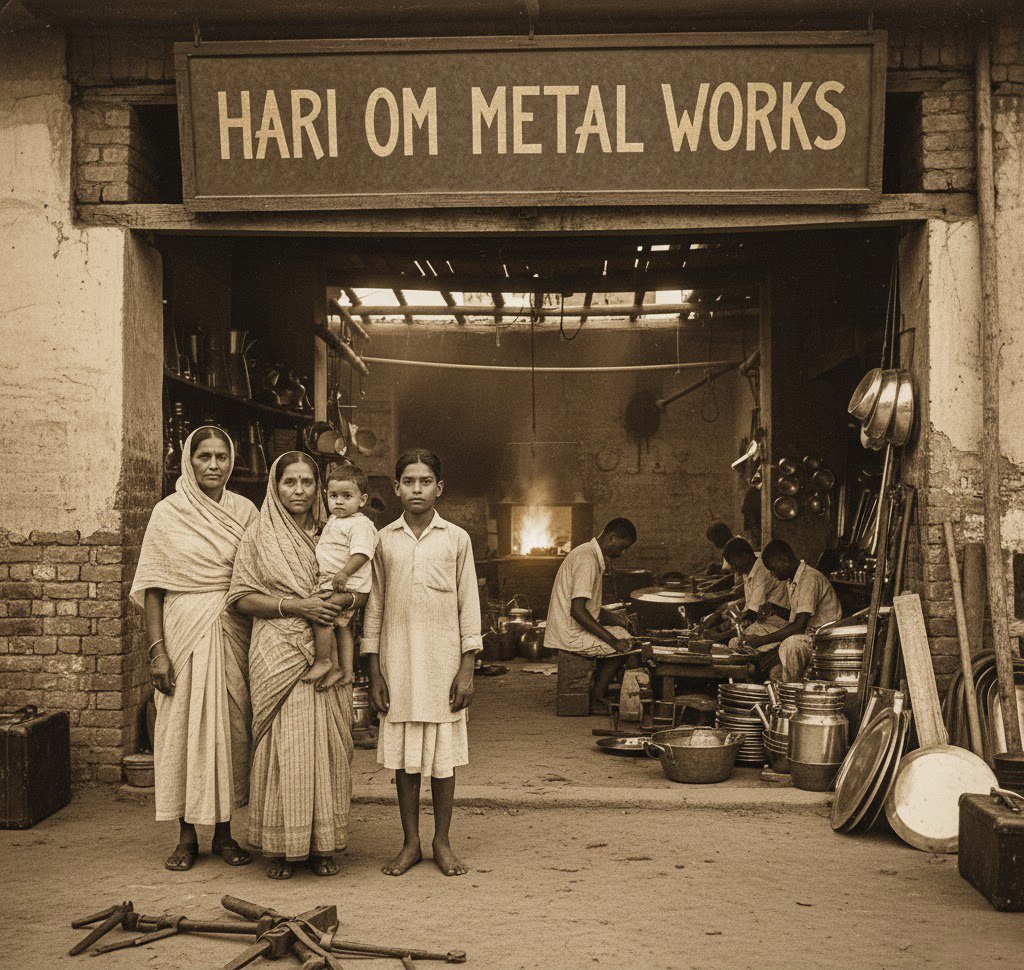
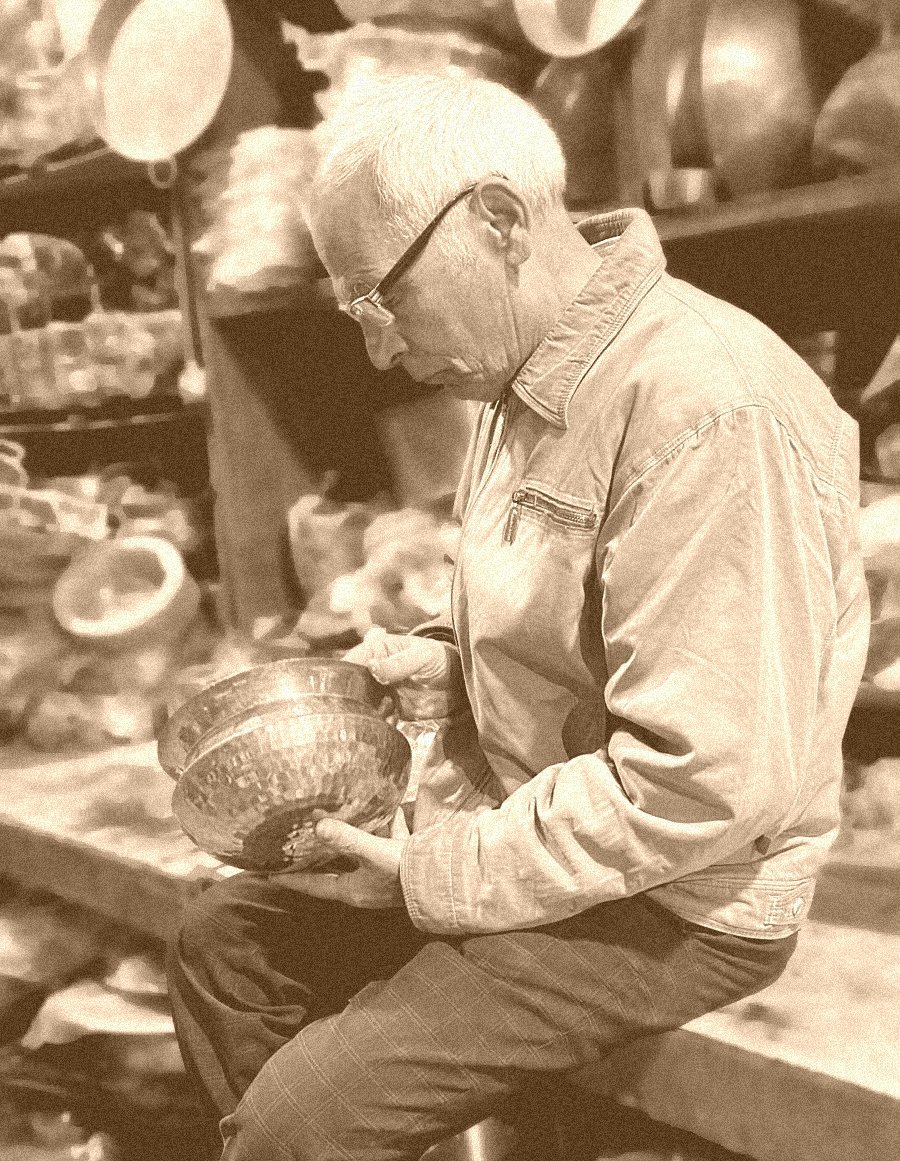
1971
A Son Returns to Tradition
Born in 1950, Ashok Kumar was a bright scholar with a promising career ahead. But guided by his father Shri Harnam Das Ji, he chose to honor his roots instead. Thus began Ashok Metal Works, where Ashok and his five brothers carried forward the timeless craft of sustainable metal cookware.

1990
Standing Tall Amid Change
When cheaper materials flooded the market, the family’s craft faced challenges. Yet, Ashok Metal Works stayed true to its purpose — creating eco-friendly, health-conscious cookware that celebrated both heritage and sustainability.

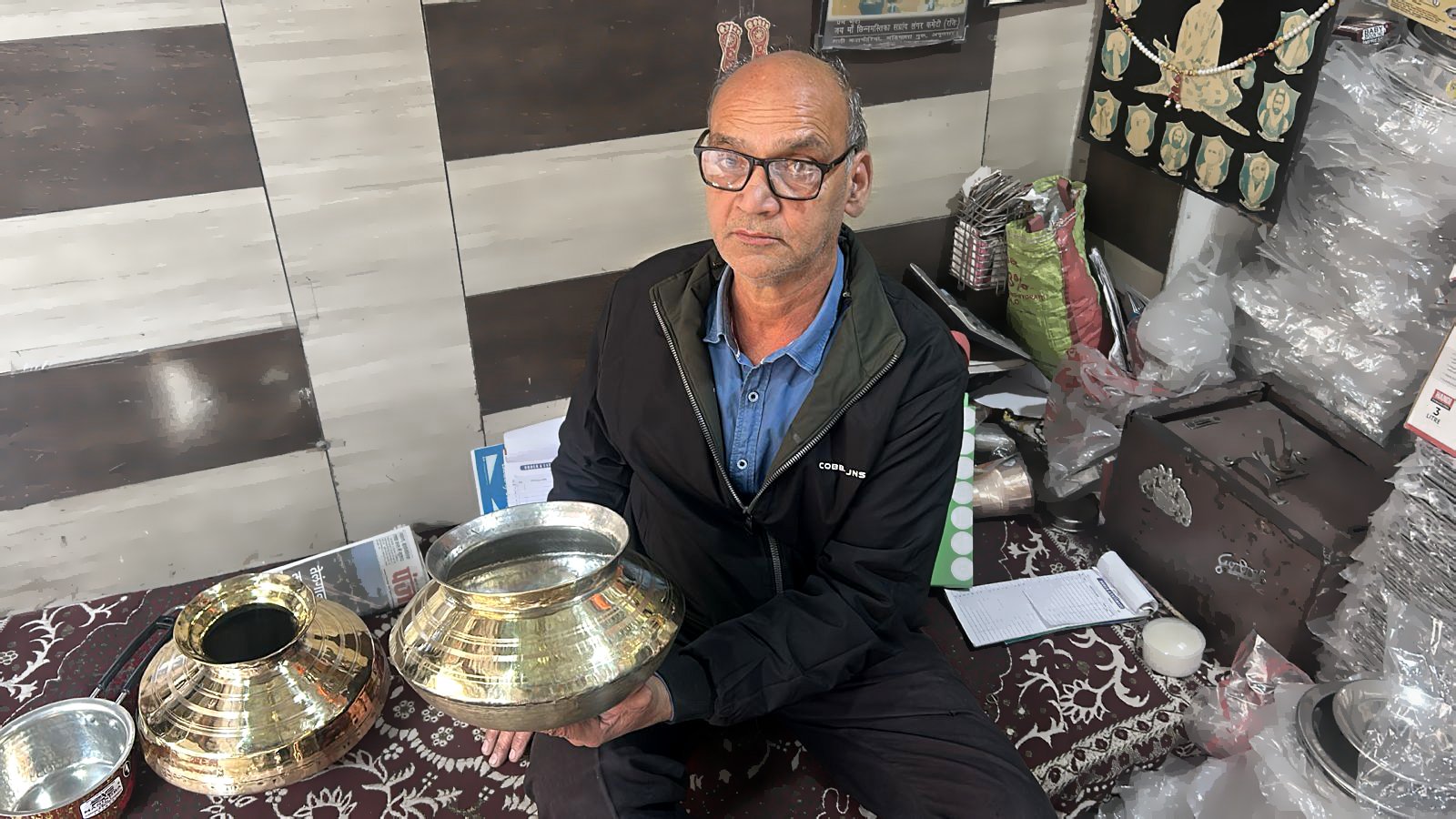
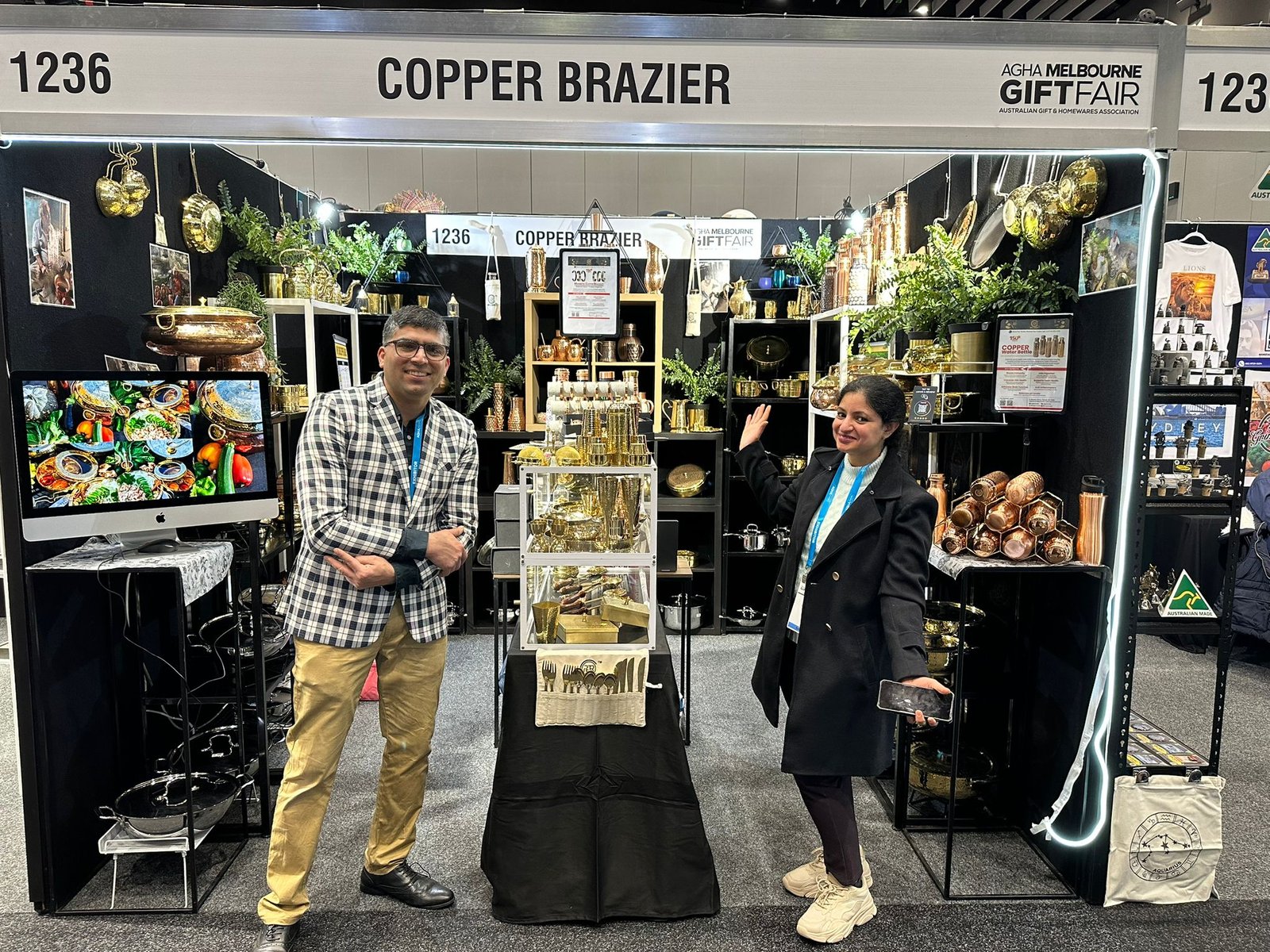
Today
The Legacy Continues
Over 170 years later, the same hands that once shaped copper in Gujranwala now craft with pride across generations. Each piece tells a story — of resilience, tradition, and the warmth of a family dedicated to keeping their heritage alive.

2014 recognition by UNESCO
Embarking on a Journey with Thatheras: Crafting Legends, Preserving Health Step into the enchanting world of Jandiala Guru, Punjab (Capital: Chandigarh), India, where the age-old craft of brass and copper utensil making has earned the prestigious recognition and support of UNESCO. Let’s unravel the captivating tale of the Thatheras, keepers of an ancient tradition brimming with skill, heritage, and health.
Craft of the Thatheras: A Symphony of Metal and Art
The Thatheras of Jandiala Guru, Punjab, are skilled artisans who craft brass and copper utensils with precision and artistry. Beginning with cooled metal cakes, they hammer plates into bowls and vessels, controlling heat with small wood-fired stoves and polishing with sand and tamarind juice. Intricate designs are etched by hand, creating utensils used in both rituals and daily life.
This craft, passed down orally through generations, is more than livelihood—it embodies family ties, social standing, and cultural belief in the health benefits of copper and brass. In 2014, UNESCO recognized the Thatheras’ traditional craft as Intangible Cultural Heritage of Humanity.
Their work sustains communities and preserves heritage, weaving a timeless story of craftsmanship, culture, and continuity across generations.
We are Building a Community
As a family of skilled craftsmen, we take great pride in our heritage and continue to use traditional techniques that have been passed down from generation to generation. Our values of commitment to serving our clients with the best quality kitchen utensils are deeply ingrained in our family history, and it is this dedication that has made CopperBrazier a well-known name in the world of craftsmanship.
